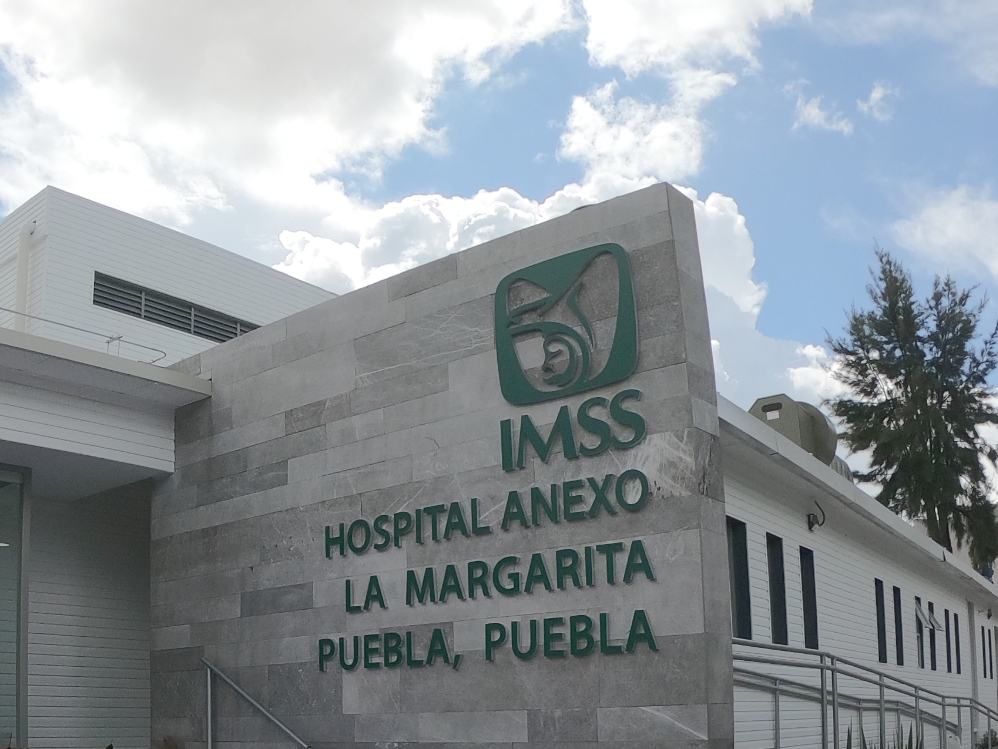
Over the past two decades, Turkey has made significant strides in the reform of its healthcare system. The **General Health Insurance Scheme (Genel Sağlık Sigortası – GSS)**, which was implemented in 2008 as part of a more comprehensive initiative to establish **universal health coverage**, is the foundation of this transformation. Currently, this system provides coverage for nearly 100% of Turkey’s ...

Despite being a **middle-income country**, Thailand has emerged as a global leader in the pursuit of **universal health coverage (UHC). Thailand has ensured that all citizens have access to comprehensive healthcare since the implementation of its **Universal Coverage Scheme (UCS)** in 2002. This has resulted in improved public health outcomes and reduced financial hardship. Thailand’s UCS is a testament to ...

Mexico has long worked toward expanding healthcare access for its population through a network of public health institutions. For decades, its system has been anchored by IMSS (Mexican Social Security Institute) for formal workers, while Seguro Popular—and more recently, INSABI (Institute of Health for Wellbeing)—has served the uninsured. While these programs have significantly widened access to care, ongoing reforms ...

In South Africa, the healthcare system is a **dual structure** that reflects profound social and economic divisions. A well-resourced private sector serves a minority, while an underfunded public sector struggles to meet the needs of the majority. South Africa is advancing toward an ambitious reform—**the implementation of a National Health Insurance (NHI) system**—**that is designed to guarantee **universal health coverage** ...

India’s healthcare system is a study in contrasts: a vibrant, rapidly growing private healthcare and insurance sector serving urban and middle-class populations exists alongside significant efforts by the government to provide healthcare access to its most vulnerable citizens. At the heart of India’s public healthcare push is Ayushman Bharat, one of the world’s largest government-funded health insurance schemes. Together, these ...

The **Servizio Sanitario Nazionale (SSN)**, Italy’s health care system, is a model of **universal, tax-funded health care** that ensures access to medical services for all citizen and legal resident. The SSN has maintained the principle that health is a **fundamental right** and that the state is responsible for ensuring equitable, high-quality care since its establishment in 1978. Italy’s health ...

Austria is consistently ranked among the best countries in terms of patient satisfaction, access, and quality of health care. Its health system is constructed around a **mandatory health insurance model** that ensures **universal coverage** for nearly all residents. Combined with a robust public infrastructure and the availability of private services, Austria’s approach integrates world-class care delivery, choice, and solidarity. Mandatory ...

New Zealand’s health care paradigm is designed to provide both equity and choice by integrating **universal public coverage** with **optional private sector services**. The New Zealand system is founded on the principles of accessibility and equity, ensuring that all residents have access to the medical care they require. Additionally, it permits individuals to supplement public services with private insurance if ...

Denmark is a pioneering example in Europe and globally when it comes to ensuring that all individuals have access to high-quality healthcare. The Danish health care system is **tax-funded**, **publicly administered**, and **free at the point of use** for the majority of services, all of which are founded on the principles of **solidarity, equity, and efficiency**. Denmark’s model is a ...

Finland is renowned for its robust welfare model, and its health care system is a fundamental element of this success. Finland provides a decentralized approach that prioritizes both equity and flexibility by combining universal public coverage with supplementary private insurance options. The outcome is a system that guarantees universal access while enabling individuals to customize their care experience by ...